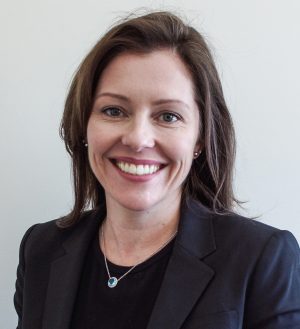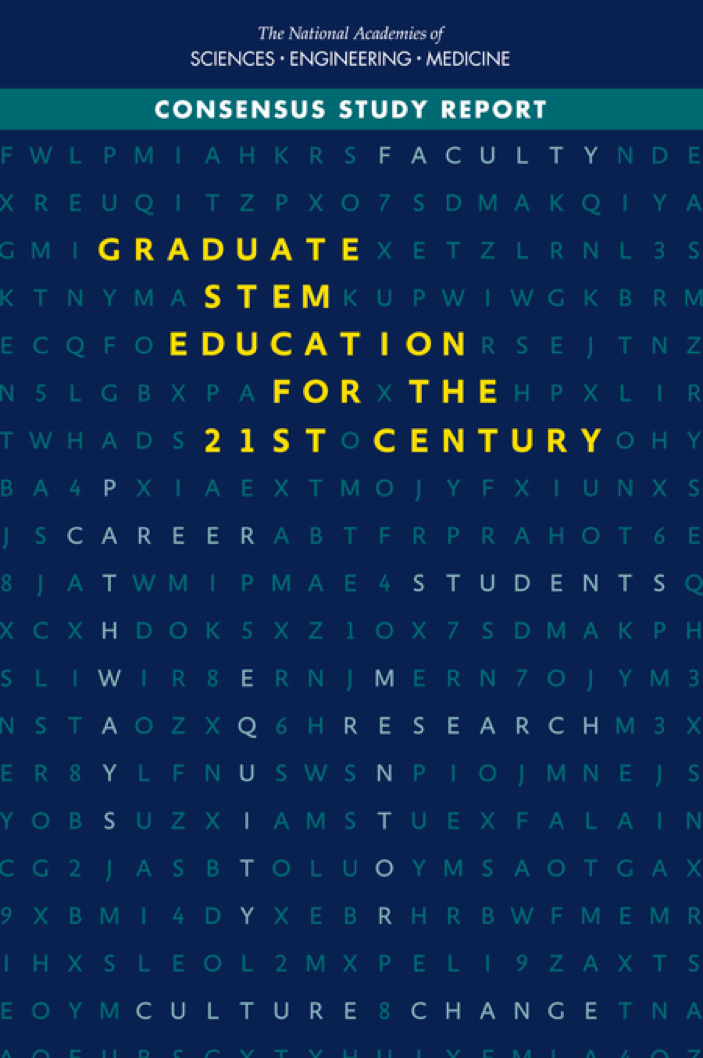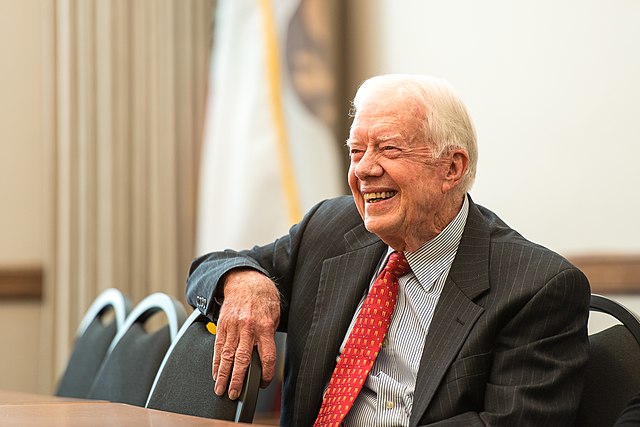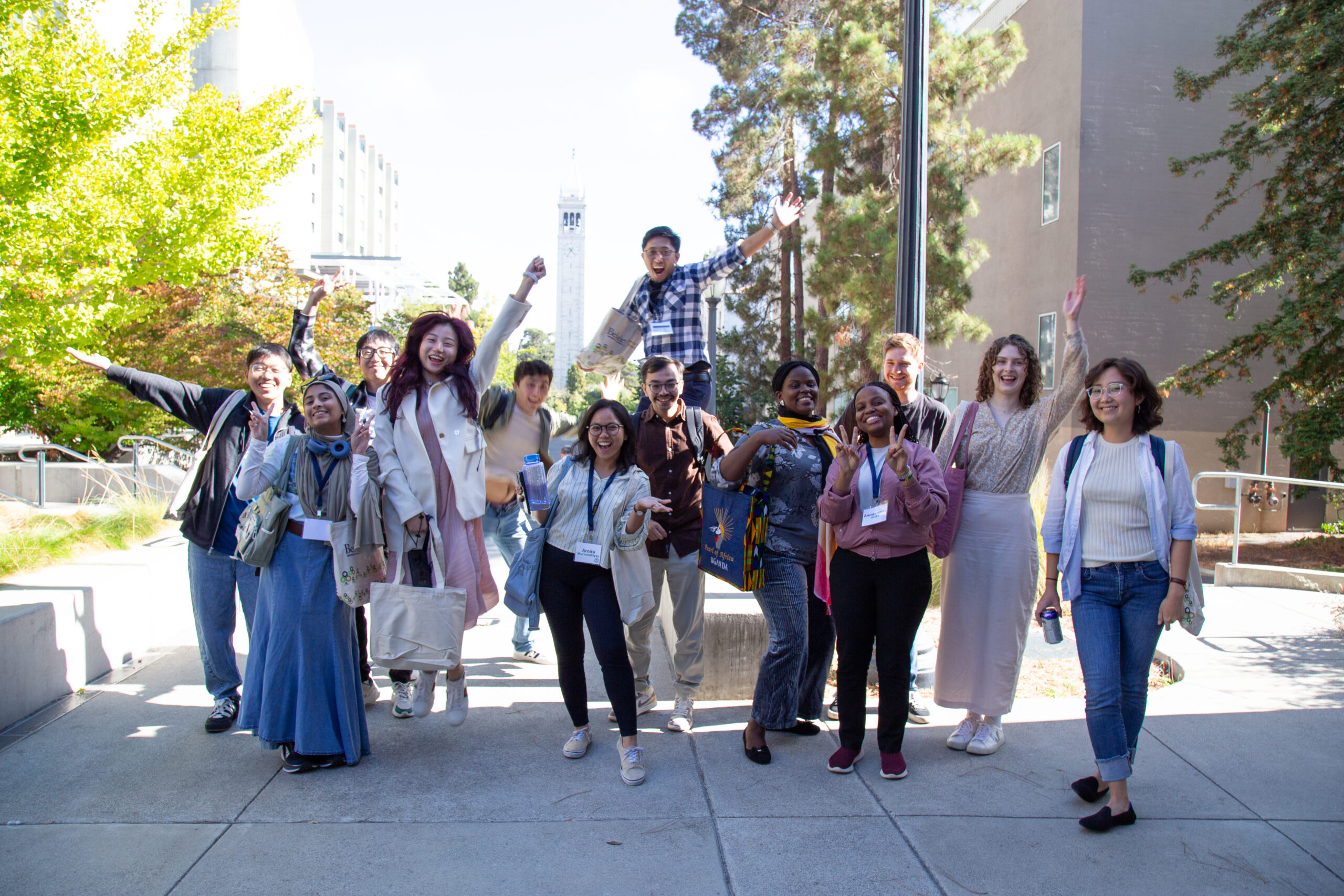By Sophi Martin
When you get a PhD, you are the world’s expert in some narrow but incredibly deep scientific realm. You have asked a question never before asked, developed a hypothesis informed by reviewing the previously collected knowledge in the space, spent significant time testing, defending, and retesting your ideas–and arrived at some new truth.
Perhaps you were part of a dynamic and interdisciplinary research group that met regularly and engaged in intellectual battles that strengthened your knowledge. Perhaps you spoke with your doctoral advisor infrequently and to other researchers even less so. Perhaps you’ve had access to a network of mentors and advisors and peers. Regardless, you emerge as an “expert,” expected to ask great questions and seek knowledge, and society generally regards you in an impressive light.

But what happens the day after you wear your tufted hat and are marked as “doctor”? The 2018 report “Graduate STEM Education for the 21st Century” from the National Academies of Sciences, Engineering, and Medicine finds that graduate programs don’t do a great job of training graduate students for non-academic careers, where complex challenges cannot be solved by one smart and dedicated individual, but rather require collaboration across many fields, with colleagues who may have other kinds of training, or perhaps no training at all. Will you be able to communicate with your peers, with your boss, with people who work for you, and with society at large in a productive way? How will you oversee other researchers when you’ve never had any exposure, let alone real training, for managing projects?
A recent National Science Foundation meeting of multidisciplinary programs highlighted various approaches to transform this graduate student experience from that of developing a lone genius toiling away in a lab to one that prepares graduate students to tackle complex new fields of knowledge–like data-enabled science or the food-water-energy nexus–while also building critical skills in communication, collaboration across multiple disciplines, and leadership.
The two-day symposium brought together over 60 NSF Research Traineeship (NRT) programs to share ideas on how to build these skills, how to assess whether the approaches work, and how programs like these might fundamentally change how graduate students are trained. The programs seek to build bridges across departments–e.g., blending civil engineering, energy sciences, environmental sciences, agricultural economics, business, and public policy, as the InFEWS program from UC Berkeley’s Blum Center does. The NRT programs also support graduate students conducting research at the intersections of these fields, aiming to build lasting bonds between the participating departments after the grant period concludes.
NRT Graduate Student Anaya Hall, said the NSF meeting provided an “opportunity to get to know students and faculty in other programs across the country and to learn from each other on how to foster interdisciplinary research, while preparing for a variety of career paths.” She added, “It was inspiring to know the program at UCB is serving as a model for its commitment to diversity and inclusion as well as encouraging science for a broader impact.”
Dawn Culpepper and Colin Phillips of University of Maryland, College Park remarked in a joint presentation that the “NSF Research Traineeship allows students to develop competencies in framing the importance and potential impact of their work.” In addition to building academic depth, they argued that the NRTs serve to shift the values and highlight the context surrounding the academic research by exposing students to different perspectives–showing how other disciplines might view the same challenge or asking how communities might be affected by research questions. The NRT’s emphasis on communication skills trains students to clarify their role in research and explain what they are doing and why to diverse stakeholders, thus building more well-rounded researchers and job candidates.
With over 100 NRT programs nationally, there are emerging benefits–communications, ability to work in teams, seeding new areas of research–as well as consistent challenges. Repeatedly, the NRT program representatives at the meeting cited that fostering true collaboration among faculty across campuses was difficult, due to time pressures, insufficient funding for dedicated research projects, and insufficient recognition among the academic community for interdisciplinary work. Many programs discussed the bureaucratic barriers of establishing lasting cross-disciplinary programs, like certificate or degree programs, individual classes or series of classes. Almost every NRT at the meeting cited challenges in securing enduring institutional and financial support for team teaching, program staffing, and program elements such as communication skills workshops.
Finally, there is a clear mandate from NSF that programs like this must influence their own institutions, and ultimately influence other institutions nationally. With academic innovation typically taking multiple years, if not decades, it will be some time before programs that offer deep technical training plus interdisciplinary learning are the norm for STEM and other doctoral students. The harsh truth is that not all great programs are scalable or should aim to be a priori. And indeed, it is the deep personal connections between students and mentors, and student peer groups, that was cited by NRT students at the NRT principal investigator meeting as the most special, and personally transformative, part of their program. Although some coursework might move online, a whole interdisciplinary training program inherently cannot live online, in a MOOC, or some massively distributed medium. Fostering people skills takes people–in real life–and while expensive to support students, faculty time, staff time, and program cost, it is 100 percent worth it.
Since interdisciplinary learning at the PhD level has become of core national interest–undisputed in necessity by business leaders, university heads, and innovators of all walks–there needs to be federal funding available for it. For decades, educating well-rounded, articulate, technically proficient students has kept the U.S. competitive in science and technology and influential in global politics. Now, with the continuing effects of globalization, climate change, and the information and computational revolutions, we need students who can work at the intersections of fields with the greatest chances for ensuring both our survival and our most ambitious dreams for progress.
Sophi Martin is the Innovation Director at UC Berkeley’s Blum Center for Developing Economies, where she serves as the Program Coordinator for the NSF-funded InFEWS program (infews.berkeley.edu ; DGE # 1633740)




